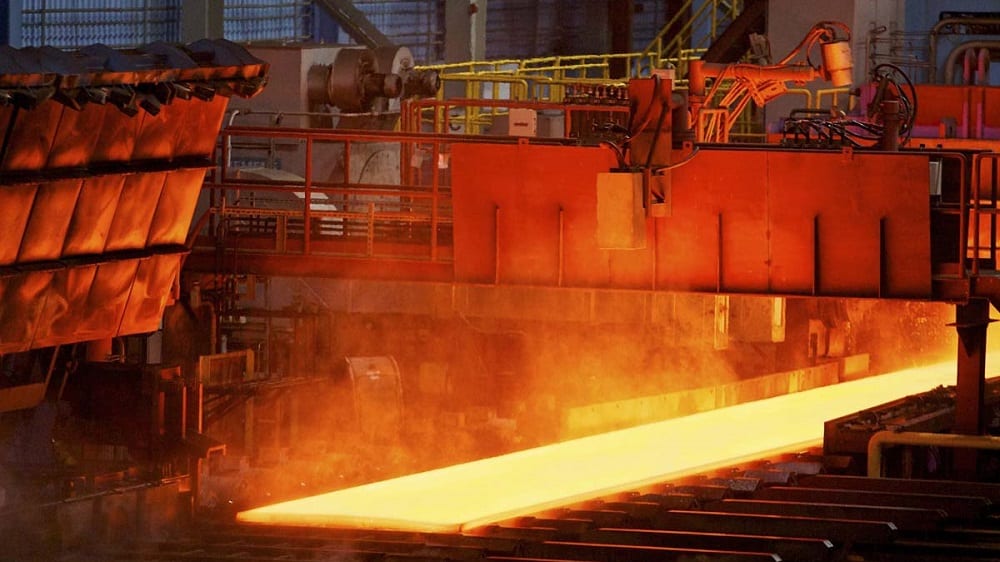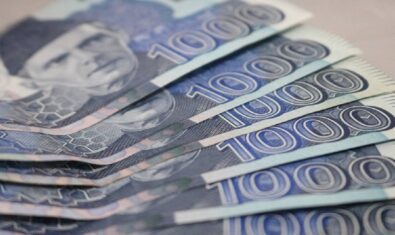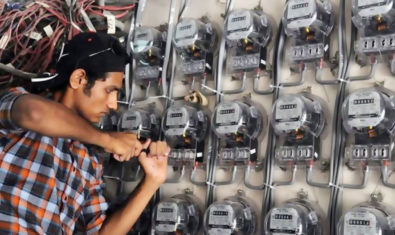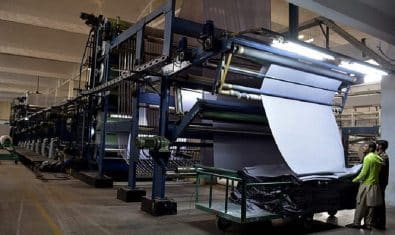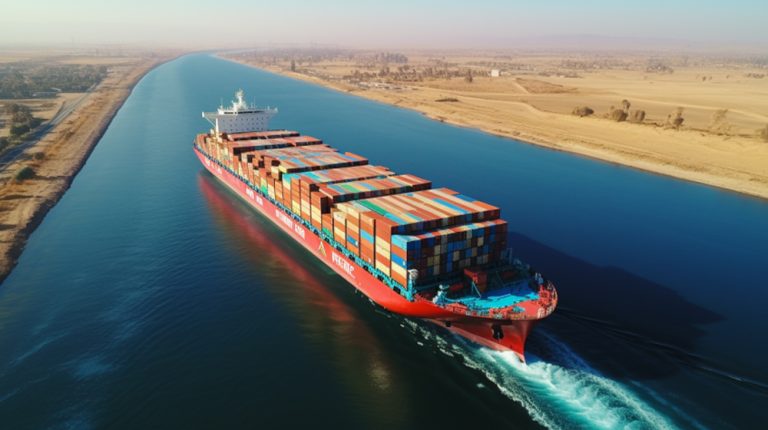The Pakistan Association of Large Steel Producers (PALSP) has urged the government to reduce the turnover tax rate on the sector from 1.25 percent to 0.5 percent.
In a letter addressed to Finance Minister Muhammad Aurangzeb, steel manufacturers made this request for rationalizing the turnover tax, and also to increase the turnover tax adjustment period from 3 to 10 years.
The association highlighted the huge disparity in tax levies across different industries. “For some industries, the turnover tax is 0.5% and some others it is as high as 1.25%, and this includes the steel sector. Last year despite the announcement of reduction in turnover tax from 1.25% to 1% for listed companies in Finance Bill (2023-24) the measure was not incorporated/adopted in the Finance Act (2023-24) without any justification,” it said.
In these difficult times, the burden of such a high turnover tax threatens the production capacity of many steel manufacturers, potentially leading to closures. As a result of the ongoing crisis, many steel companies have closed their operations with prominent ones reporting losses and anticipating further challenges in the coming years, the letter stated.
PALSP argued that such circumstances make it difficult for the industry to absorb and adjust the turnover tax over a three-year period, ultimately contributing to its decline. As a result, the documented and revenue-contributing sector will continue to shrink further. The current turnover tax regime exhibits regressive and discriminatory characteristics, reflecting an unfair policy approach by the policymakers.
PALSP further lamented that selective taxation further exacerbates disparities among industries, promoting an environment of inequality.
“Despite these challenges, we remain hopeful that you will lead in a fresh perspective, departing from the ineffective policies of the past. We request for an end to discriminatory practices, advocating for equal treatment across all sectors. Such reforms are crucial not only for the steel industry but for adopting a conducive business environment and promoting equitable growth across the board,” the association explained.
It is pertinent to mention that when the turnover tax was introduced in 1992, the GDP growth of the country stood at 7.7 percent. Recently this GDP growth turned negative. “The crisis gripping our industry is not of our making,” it added.
The association recommended the rationalization of turnover tax. It was of the view that by addressing these issues, the industry can look forward to a more equitable and productive future for everyone involved.
